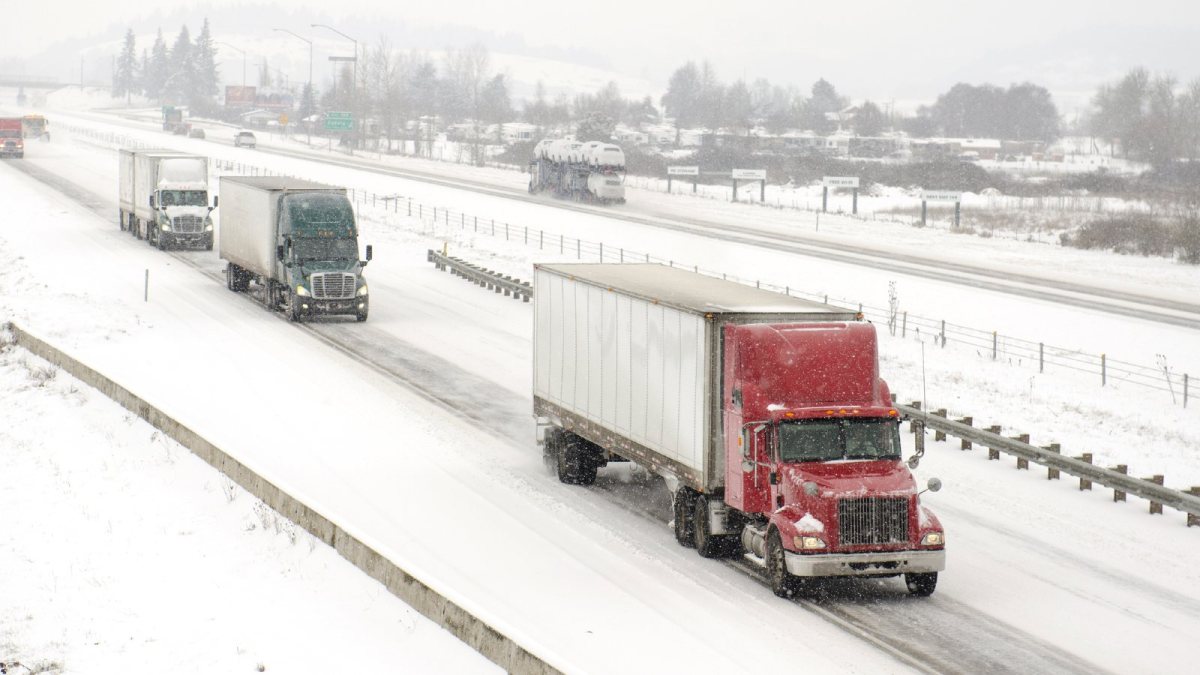And as winter approaches, many people wonder whether semi-trucks passing on the highway use snow tires. The answer to this question is not straightforward and depends on a variety of factors. While some trucking companies may outfit their vehicles with snow tires, others may opt for other solutions to navigate winter road conditions. In this article, we will explore whether semi-trucks use snow tires, the factors that influence this decision, and other measures taken to ensure safe travel in wintery weather.
Firstly, it is important to understand that the use of snow tires for semi-trucks is not mandatory. Unlike some European countries where winter tires are required by law during certain months, the United States does not have a nationwide regulation mandating the use of snow tires on trucks. As a result, the decision to use snow tires ultimately lies with the trucking company and the individual truck driver.
One of the primary factors that influence the use of snow tires on semi-trucks is the region in which the trucking company operates. In areas that experience heavy snowfall and icy road conditions, such as the Northern United States and Canada, it is more common for trucking companies to equip their vehicles with snow tires. The enhanced traction and grip provided by snow tires can significantly improve the truck’s ability to navigate through snow and ice, making them a valuable investment for companies operating in these regions.
On the other hand, in regions where snowfall is less frequent and road maintenance is more efficient, trucking companies may opt for other solutions to handle wintery road conditions. Some companies may choose to install tire chains on their trucks when traveling through snowy or icy areas. Tire chains provide additional traction and grip, similar to snow tires, but without the need to switch out the entire tire. This can be a more cost-effective solution for trucking companies that do not regularly encounter extreme winter weather.
In addition to snow tires and tire chains, many trucking companies invest in technology and equipment to ensure the safety of their drivers during wintery conditions. This may include installing anti-lock braking systems (ABS) and traction control systems on their trucks, which can help prevent skidding and loss of control on slippery roads. Furthermore, some companies may provide specialized training for their drivers on how to safely operate their vehicles in winter weather, emphasizing the importance of maintaining a safe following distance, reducing speed, and adjusting driving behavior to accommodate for road conditions.
It is also worth noting that regardless of the type of tire or equipment used, it is the responsibility of the truck driver to assess road conditions and determine the appropriate measures for safe travel. This may include adjusting driving behavior, utilizing tire chains when necessary, and communicating with their dispatch to make informed decisions about travel routes and schedules.
In conclusion, the use of snow tires on semi-trucks varies depending on the region in which the trucking company operates, their specific approach to handling winter road conditions, and the individual driver’s discretion. While some companies may choose to invest in snow tires for enhanced traction and grip, others may opt for alternative measures such as tire chains, technology, and driver training to ensure safe travel during winter. Ultimately, the priority for trucking companies and drivers is to prioritize safety and take proactive measures to navigate wintery road conditions.
